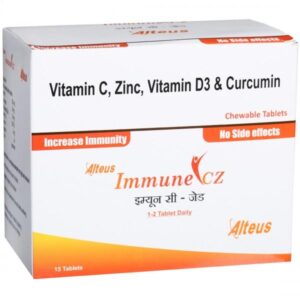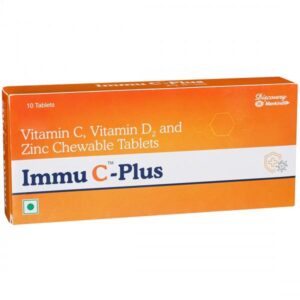VIT C
VIT C: Drug: Vitamin C (VIT C)
Use: Vitamin C is a water-soluble vitamin that is essential for normal growth and development. It is mainly used to prevent or treat vitamin C deficiency, also known as scurvy. Additionally, it is sometimes used as an adjuvant therapy for conditions such as the common cold, hypertension, iron deficiency, and cancer.
Mechanism of Action: Vitamin C acts as a cofactor for several enzymes involved in the synthesis of collagen, neurotransmitters, and carnitine. It also acts as an antioxidant, protecting cells from damage caused by free radicals. Vitamin C enhances the absorption of iron from plant-based sources and boosts the immune system.
Dose: The recommended daily intake of vitamin C varies depending on age and sex. For adults, the recommended dose is typically between 75-90 mg per day. However, higher doses may be necessary for certain conditions or as directed by a healthcare professional. Vitamin C is available in various forms like tablets, capsules, and chewable tablets.
Side Effects: Vitamin C is generally safe when taken in recommended doses. High doses (usually exceeding 2000 mg per day) may cause gastrointestinal symptoms such as diarrhea, nausea, abdominal cramps, and heartburn. Individuals with a history of kidney stones should exercise caution, as high doses of vitamin C can increase the risk of stone formation. Rarely, allergic reactions may occur in some individuals.
It is important to note that excessive use of vitamin C supplements may interfere with the accuracy of certain medical tests, such as blood glucose monitoring and stool tests for occult blood. It is always advisable to consult a healthcare professional before starting any new medication or supplement.










